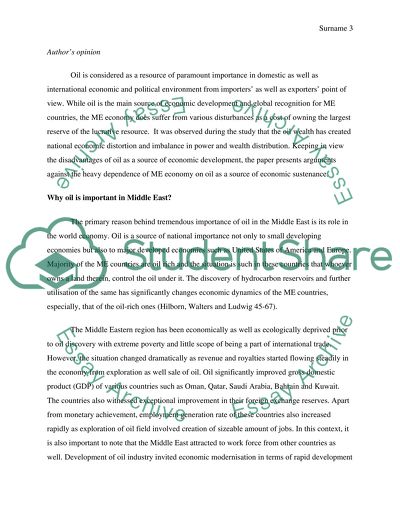Cite this document
(“Should the middle east countries depend on the oil for their economy Essay”, n.d.)
Retrieved from https://studentshare.org/macro-microeconomics/1654139-should-the-middle-east-countries-depend-on-the-oil-for-their-economy
Retrieved from https://studentshare.org/macro-microeconomics/1654139-should-the-middle-east-countries-depend-on-the-oil-for-their-economy
(Should the Middle East Countries Depend on the Oil for Their Economy Essay)
https://studentshare.org/macro-microeconomics/1654139-should-the-middle-east-countries-depend-on-the-oil-for-their-economy.
https://studentshare.org/macro-microeconomics/1654139-should-the-middle-east-countries-depend-on-the-oil-for-their-economy.
“Should the Middle East Countries Depend on the Oil for Their Economy Essay”, n.d. https://studentshare.org/macro-microeconomics/1654139-should-the-middle-east-countries-depend-on-the-oil-for-their-economy.


